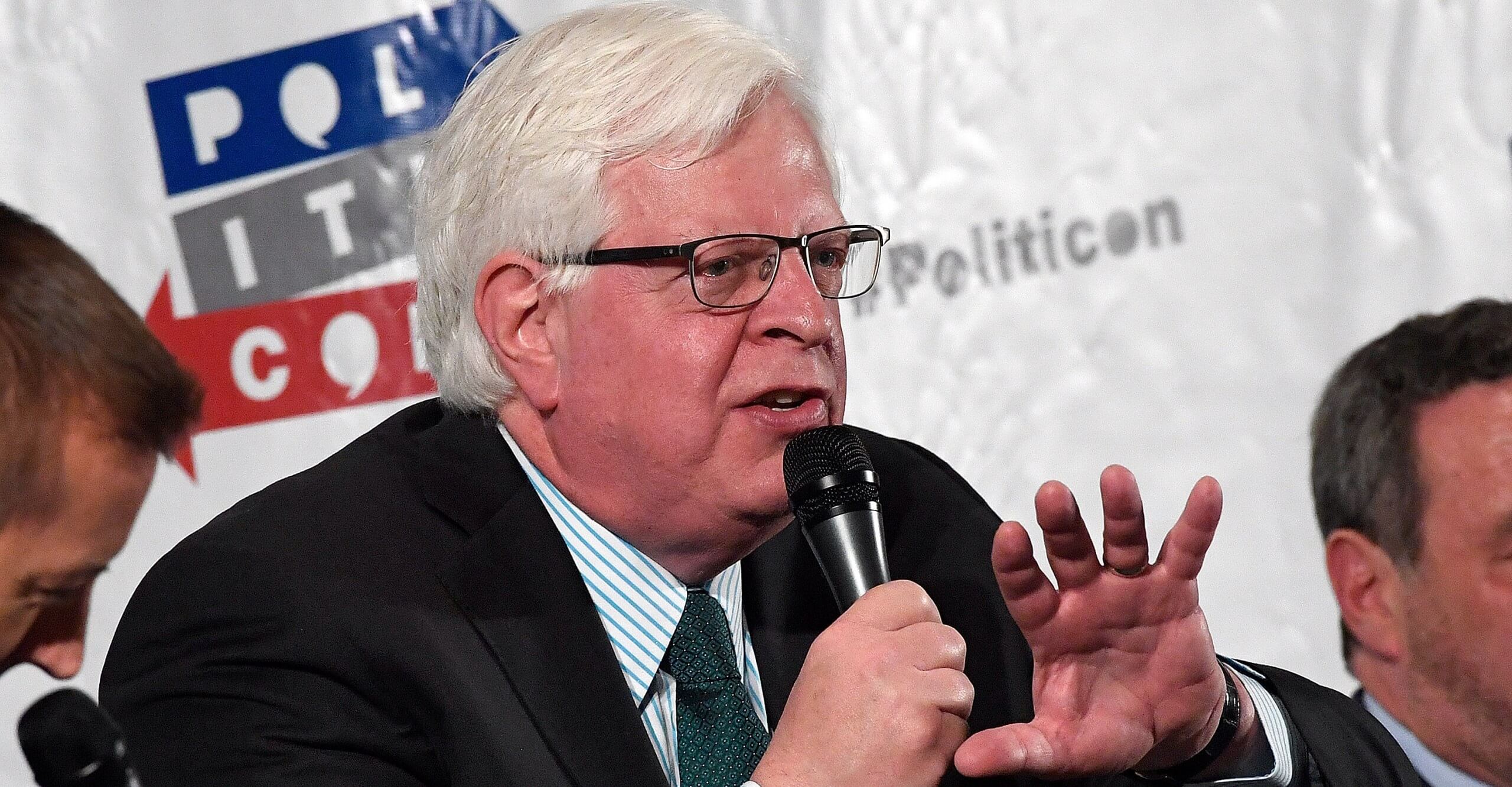[ad_1]
Big quote: “Congress shall make no law respecting an establishment of religion, or prohibiting the free exercise thereof; or abridging the freedom of speech, or of the press; or the right of the people peaceably to assemble, and to petition the Government for a redress of grievances.” — First Amendment, US Constitution
It is a common misconception that the First Amendment of the US Constitution protects citizen’s right to say anything thing they want anywhere they want. However, its purpose and language are to prevent the government from restricting speech. The First Amendment does not apply to private businesses such as restaurants and banks or online platforms like YouTube.
The 9th US Circuit Court of Appeals has once again upheld a decision by lower courts to dismiss a lawsuit brought by Prager University against Google. According to the ruling, internet platforms are not subject to the First Amendment.
Conservative talk show host Dennis Prager, who runs the nonprofit PragerU, claimed that YouTube set a large number of his videos ranging from abortion to gun rights as “restricted” and demonetized them. He asserted that this was a violation of his freedom of speech. The courts disagreed.
In a unanimous 3-0 decision, the 9th Circuit said that despite YouTube’s “ubiquity” and its public accessibility, it is not a “state actor.”

“Despite YouTube’s ubiquity and its role as a public- facing platform, it remains a private forum, not a public forum subject to judicial scrutiny under the First Amendment,” wrote Circuit Judge Margaret McKeown. “PragerU runs headfirst into two insurmountable barriers—the First Amendment and Supreme Court precedent [Manhattan Cmty. Access Corp. v. Halleck].”
The court also dismissed an allegation of false advertisement. Prager asserted that YouTube’s claims about free speech such as “everyone deserves to have a voice, and [the] world is a better place when we listen, share, and build community through our stories” was misrepresentative of its policies. McKeown said that these statements were not advertisements, but “merely opinions.”
“[Our products] are not politically biased,” said Google spokesman Farshad Shadloo. “[This decision] vindicates important legal principles that allow us to provide different choices and settings to users.”
PragerU attorney Peter Obstler told Reuters that the Seattle appeals court’s decision was “very limited” and that it was only “based on the facts alleged in this case.” Obstler was referring to another related PragerU’s lawsuit against Google in California, where state laws are more favorable to the plaintiff. However, it is worth mentioning that it was San Jose’s US District Court that made the initial decision to dismiss.
Former US Solicitor General Donald Verrilli said courts have remained consistent that privately-held internet forums do not qualify as state actors. He asserts that if they did, the internet would be a very different place, “chock-full of sexually explicit content, violent imagery, hate speech, and expression aimed at demeaning, disturbing, and distressing others.”
Image credit: Michael Schwartz via Getty Images
[ad_2]
Source link
